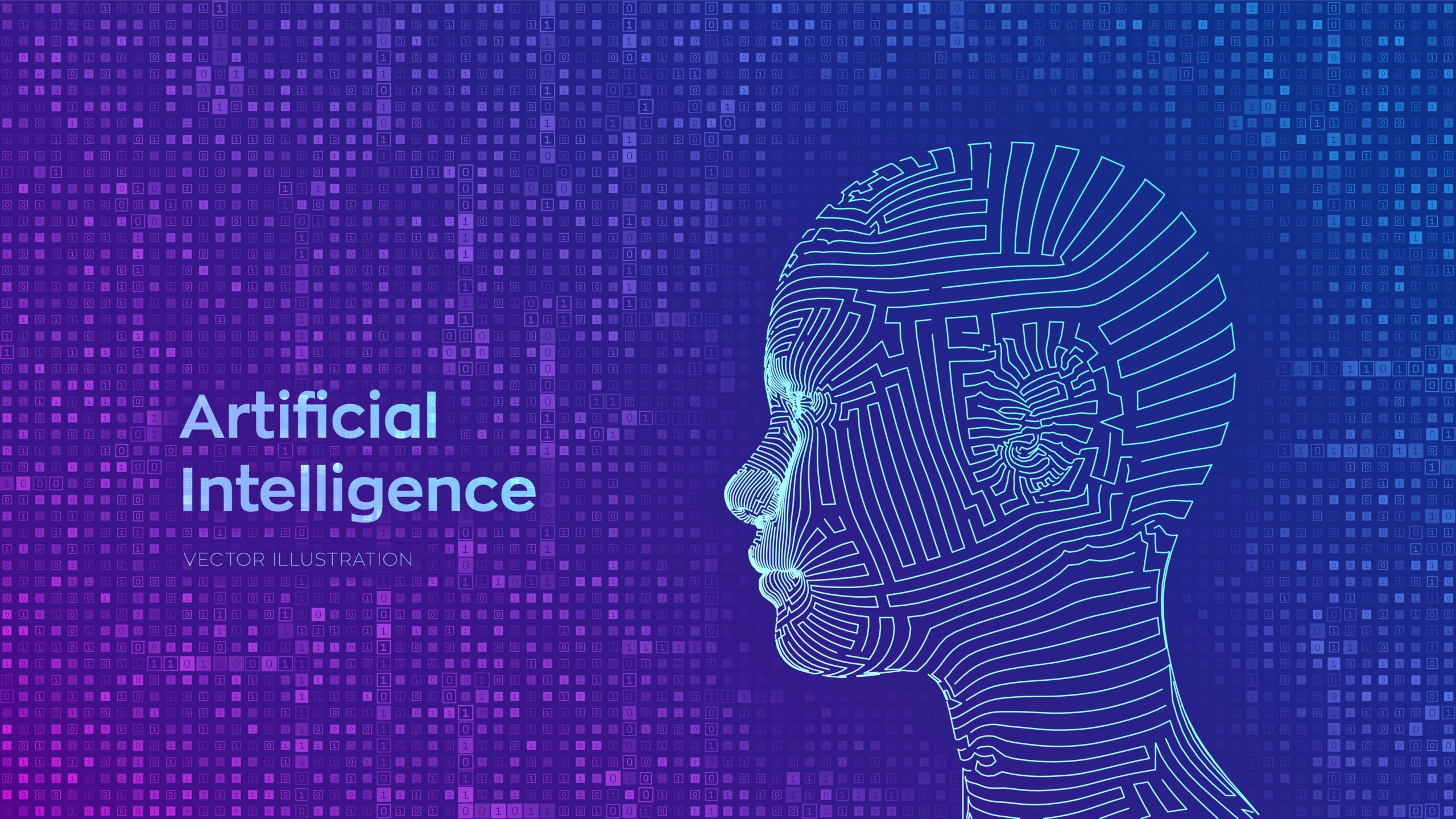Artificial Intelligence (AI) has become a defining technology of the 21st century, influencing various aspects of our lives, from business and healthcare to education and entertainment. While AI presents numerous advantages that promise to revolutionize society, it also comes with certain disadvantages and challenges that warrant careful consideration. In this article, we will explore three advantages and three disadvantages of AI to better understand the implications of this powerful technology.

Advantages of AI:
- Enhanced Efficiency and Automation
One of the primary advantages of AI is its ability to automate tasks and processes, leading to increased efficiency and productivity. AI-powered systems can analyze and process vast amounts of data at speeds far beyond human capability. This enables businesses to streamline operations, optimize workflows, and reduce reliance on manual labor for repetitive and time-consuming tasks. As a result, employees can focus on more strategic and creative endeavors, fostering innovation and driving growth in organizations.
- Improved Decision Making and Personalization
AI’s ability to analyze data and recognize patterns allows for more informed and data-driven decision-making. Businesses can leverage AI-powered analytics to gain insights into customer behavior, market trends, and operational performance. These insights enable organizations to tailor their products and services to meet specific customer needs, enhancing the overall user experience. Personalization, driven by AI recommendation systems, is evident in online platforms, offering users content, products, and services that align with their preferences, increasing customer satisfaction and engagement.
- Advancements in Healthcare and Medicine
AI is making remarkable strides in the healthcare sector, revolutionizing patient care and medical research. Machine learning algorithms can analyze large datasets, including patient records and medical literature, to assist healthcare professionals in diagnosing diseases and recommending personalized treatment plans. AI-powered medical imaging tools enhance diagnostic accuracy and aid in early disease detection. Moreover, AI can facilitate drug discovery by efficiently screening and identifying potential drug candidates, accelerating the development of new treatments.
Disadvantages of AI:
- Job Displacement and Economic Disruption
As AI and automation continue to evolve, there is a growing concern over job displacement and its potential impact on the workforce. Tasks that were previously performed by humans may be taken over by AI-powered systems, leading to a decline in certain job opportunities. While AI creates new roles and demands skills in managing and maintaining these technologies, the transition could lead to short-term unemployment and economic disruption. It is crucial for governments and industries to invest in retraining and upskilling programs to equip the workforce for the changing job landscape.
- Ethical and Security Concerns
AI raises significant ethical concerns, especially when it comes to decision-making algorithms and data privacy. Bias in AI algorithms can result from biased training data, leading to discriminatory outcomes and reinforcing existing social inequalities. Transparency and accountability in AI decision-making processes are essential to ensure fairness and prevent unintended consequences. Additionally, the vast amount of personal data collected and processed by AI systems poses security risks, as any breach could compromise sensitive information and lead to serious consequences for individuals and organizations.
- Dependency and Unintended Consequences
As society becomes increasingly reliant on AI, there is a risk of dependency on these technologies. Relying heavily on AI systems without understanding their underlying mechanisms can make us susceptible to catastrophic failures or unexpected consequences. AI algorithms may be vulnerable to adversarial attacks, where small changes to input data can mislead AI systems into making erroneous decisions. Ensuring that AI is developed and deployed responsibly is essential to mitigate potential risks and maintain human control over critical decision-making processes.
Conclusion:
Artificial Intelligence undoubtedly offers significant advantages, such as enhanced efficiency, improved decision-making, and groundbreaking advancements in various sectors. However, it is essential to recognize and address the potential disadvantages and challenges that come with this transformative technology. Job displacement, ethical concerns, and unintended consequences must be carefully managed to ensure that AI benefits society while upholding human values and principles.
As AI continues to evolve, it is crucial for stakeholders, including governments, businesses, and researchers, to collaborate in developing AI responsibly and ethically. Striking a balance between harnessing AI’s potential and addressing its challenges will be instrumental in shaping a future where AI serves as a force for good, contributing positively to the betterment of humanity.